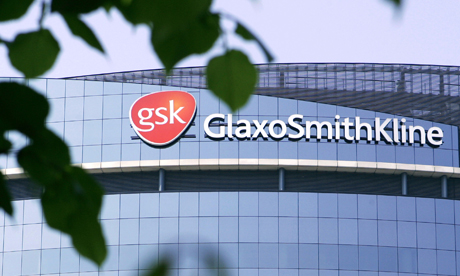Glaxo Smith Kline – one of the biggest pharmaceutical companies in the world – has certainly no interest in projecting a negative image onto its activities and operations. It certainly has no interest in acting against the law. Yet, they have been fined over $3bn due to, in the largest sense, unethical, and in some cases illegal behaviour. GSK were encouraging the prescription of dangerous anti-depressants for minors, and failing to report safety issues with some of their drugs. The company was effectively bribing third parties with the overall goal of increasing profits, but at what price? The end does not always justify the means, but it seems as though Machiavellian behaviour is common for GSK managers.
As R. Edward Freeman explains, a business that does not comply with the rules of the community it is operating in, will eventually decline. Be it through through regulation or large fines, as was the case for GSK, or through a devastating loss of PR value as a result of these activities.
A second article identifies the GSK scandal as a result of a failure of culture: when “jollies came to seem normal”, the fundamental ethical values such a large corporation should be based on – especially in the pharmaceutical industry – are overruled. The scandal might thus not only incur vast costs as a direct consequence of the bribery, but also long-term costs in the form of a loss of customers as GSK lost its image as a company with the – now ironic – slogan: “Do more, feel better, live longer!”
More material on this matter can be found on The Guardian (guardian.co.uk) as follows:
and in the following youtube.com video:


